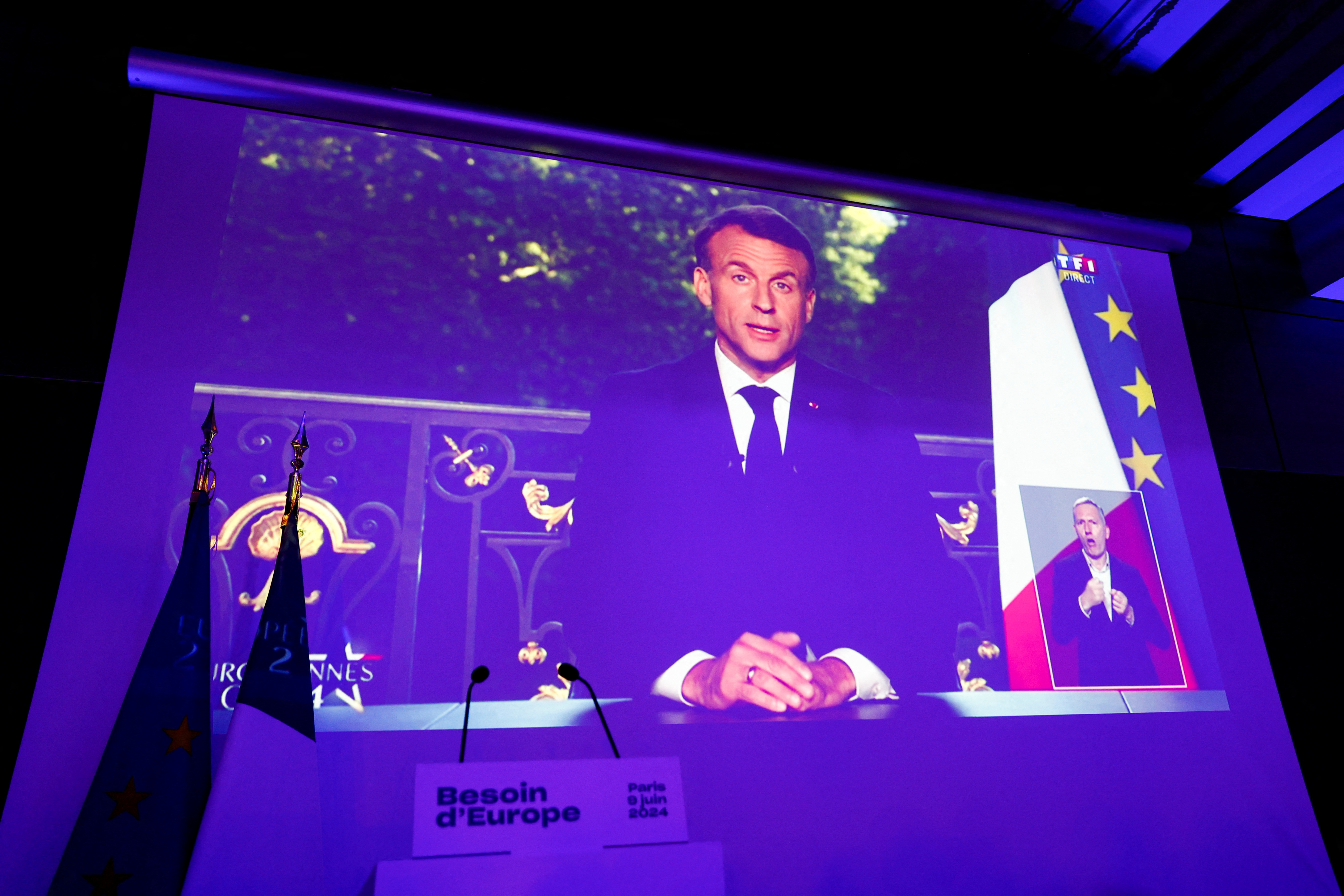By Maria Demertzis
Last week’s European election results were a mixed bag. The European People’s Party and the Social Democrats, traditionally the biggest parties in Europe, held on to their respective first and second positions in the European Parliament. Meanwhile, Renew Europe (the party of liberals) and the Greens both saw substantive losses.
The extreme right group, Identity and Democracy, won 9 seats in comparison to the 2019 European elections, but this is very far from a game changer. There are 53 new elected members who are yet to declare which group (if any) they would like to join, and more shifts might happen between other smaller groups. Overall, there has been a small shift to the right, but the European Parliament’s outlook has not changed in any significant way.
While the fear that the far-right would make significant gains within the European Union did not materialise, the EU’s political landscape has nevertheless changed due to what happened in Germany and France.
Olaf Scholz’s centre-left Social Democrats party (SDP) in Germany lost heavily, coming in third after the Christian Democrats (CDU/CSU) and the far-right Alternative for Germany (AfD). This vote could signal a lack of confidence from the electorate in Scholz’s SDP and could seriously weaken the government for the remainder of its term. In the context of the EU, the current government will be unable to defend positions unless they are broad and non-partisan.
Importantly, what these election results show us is that 35 years since re-unification, Germany still operates as though it is two different countries. The West voted for the CDU/CSU and the East voted for the far-right AfD. The inability to achieve cohesion internally, despite dedicated policies, is not a hopeful sign for European cohesion.
President Emmanuel Macron’s decision to hold a snap election in France is the real shock in the aftermath of the EU elections. After his coalition came second, with less than half the votes of the French far-right party the Rassemblement National (RN), France will now hold national parliamentary elections at the end of this month.
What is at stake?
The victory of the far-right RN could very well be repeated in early July. The leader of RN, Jordan Bardella, would become France’s youngest-ever prime minister (at 28), putting him into cohabitation with President Macron. President Macron may choose to then resign, unwilling to co-govern with the far-right, or he might stay on in cohabitation. The thing to watch will be the rating agencies. French sovereign bonds saw a downgrade just days ago because of fiscal debt. The rating agencies will try to impose discipline on France, a sobering effect for any leader who feels they have the liberty of spending on the back of a popular vote.
Why did President Macron take this bet?
With the outcome of the European elections in France (32 per cent for RN versus 15 per cent for Macron’s coalition), confidence in the governing coalition is seriously compromised. But why call parliamentary elections so quickly? The bet here is that more people will come out to vote and, shocked by the prospect of a far-right prime minister, will vote more ‘prudently’. One thing is sure; President Macron is desperate and in this game of poker, he has thrown all cards on the table. Attack is now his best defence.
Where does this leave the EU?
Despite the more or less stable outcome for the European Parliament, these elections demonstrate again that there is no such thing as a singular story in the EU. Elections are fought, won and lost on national issues that can, as it turns out, knock the EU off course.
If President Macron loses his election bet, the far-right in France may try to weaken the EU and undermine its global position from within the bloc. Germany, where the government has also been weakened, may not be able to unite everyone behind its positions to push back against the far-right. If President Macron on the other hand wins the bet, he will continue to push to shape positions in both France and Brussels.
The outcome of the French parliamentary elections is crucial, especially at a time when the EU is likely to pursue industrial policies to deal with global challenges coming from both the United States and China. What is not clear is whether these policies will serve French interests to the detriment of the EU’s single market, and ultimately the European consumer.
What could become the least controversial outcome of the European elections is the reappointment of Ursula Von der Leyen as European Commission President. With the numbers in her favour, and Paris and Berlin distracted by their own internal problems, her reappointment may be more certain than previously thought.
Maria Demertzis is a Senior fellow at Bruegel think tank, Brussels. The article was posted by Bruegel and on the blog of the Cyprus Economic Society.






Click here to change your cookie preferences